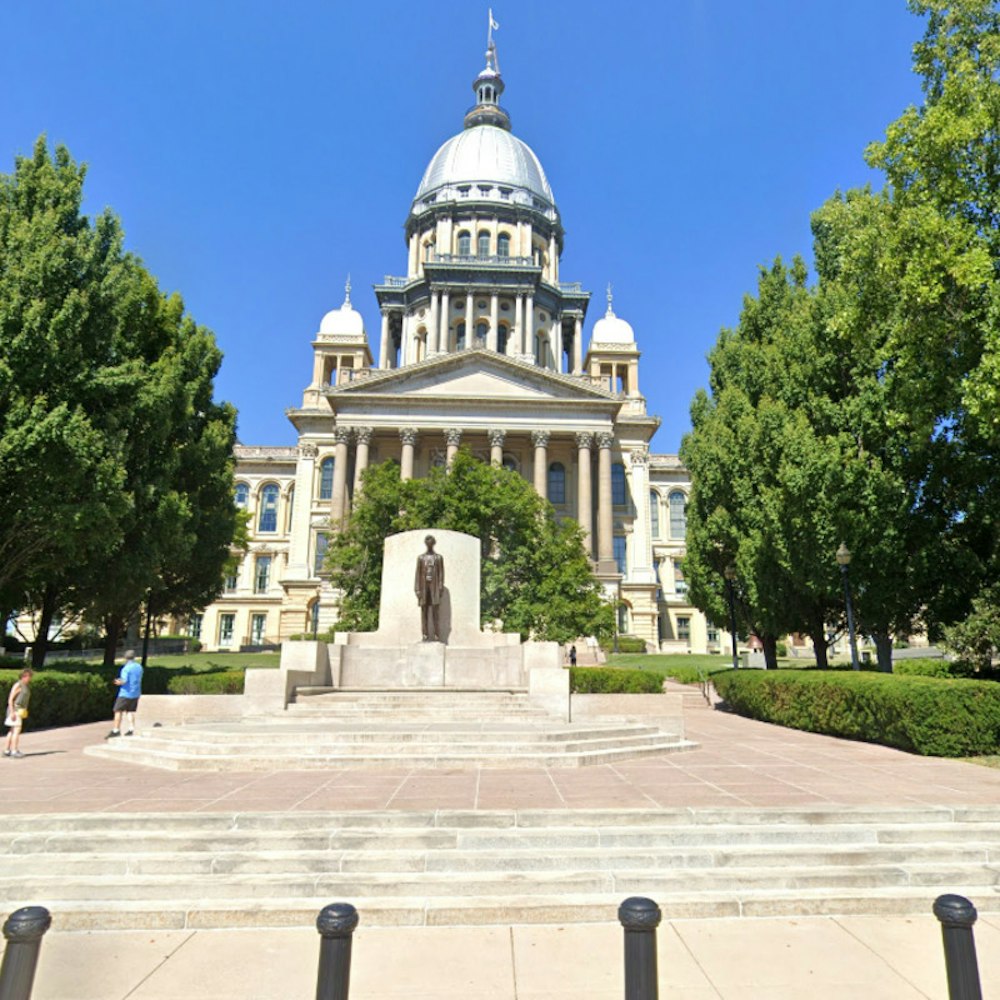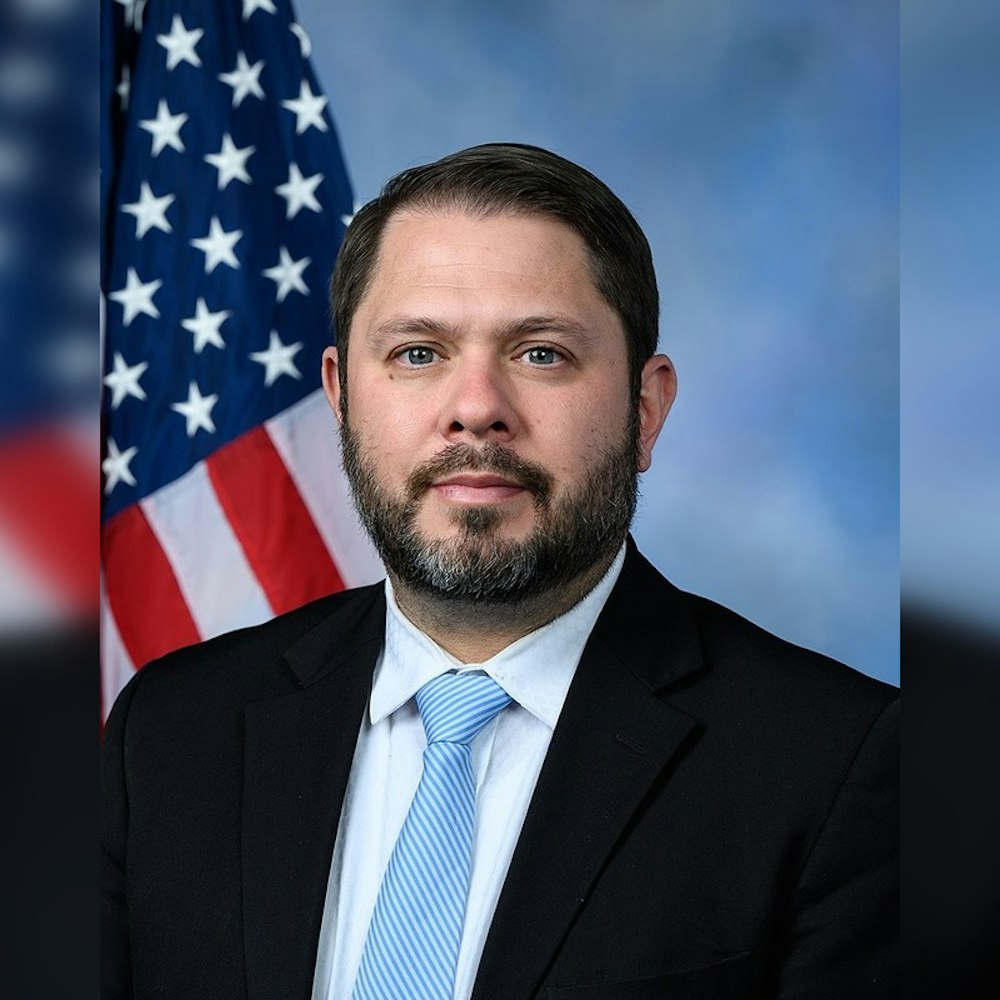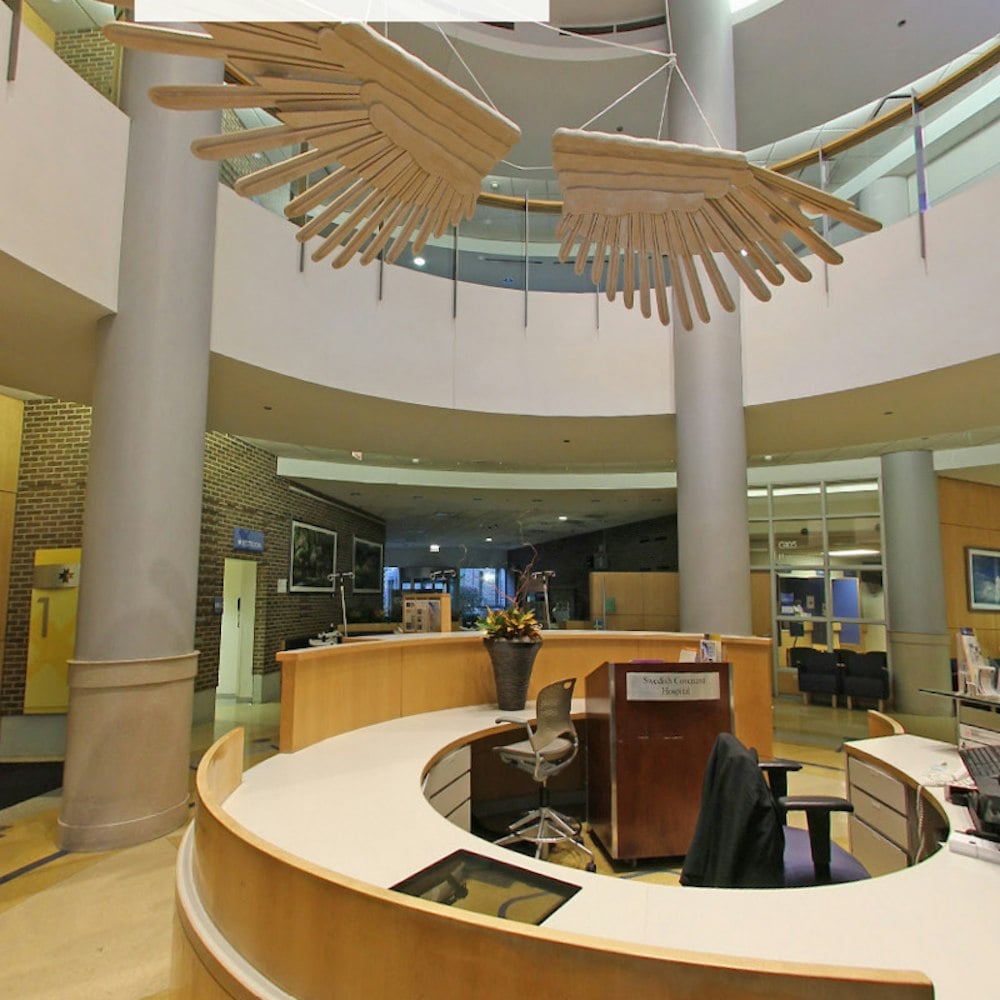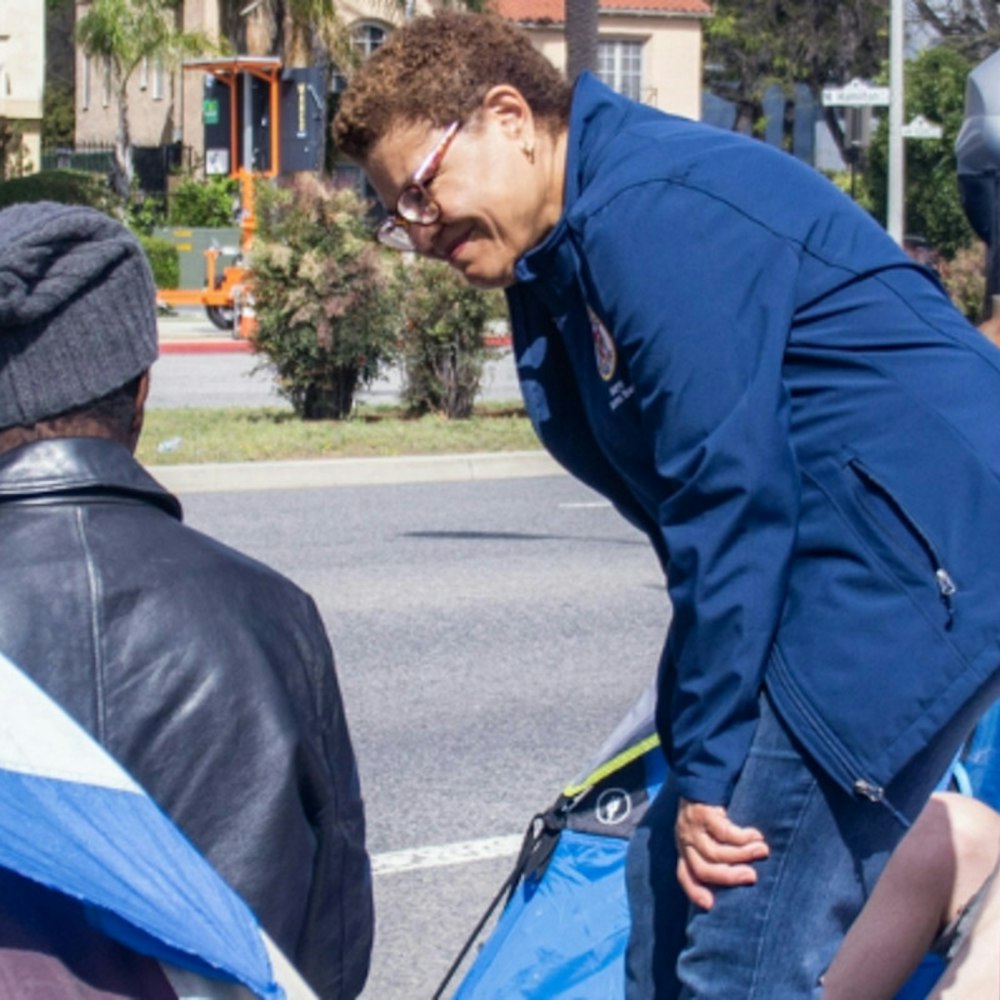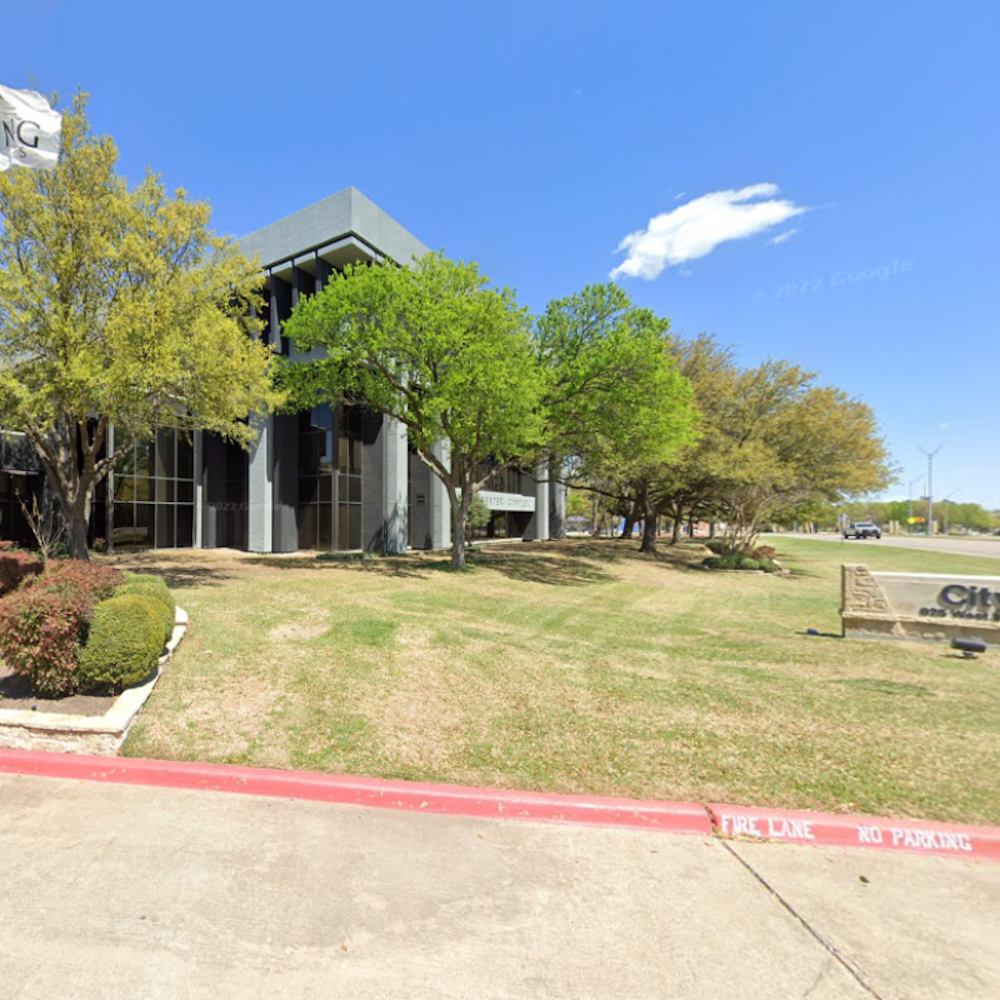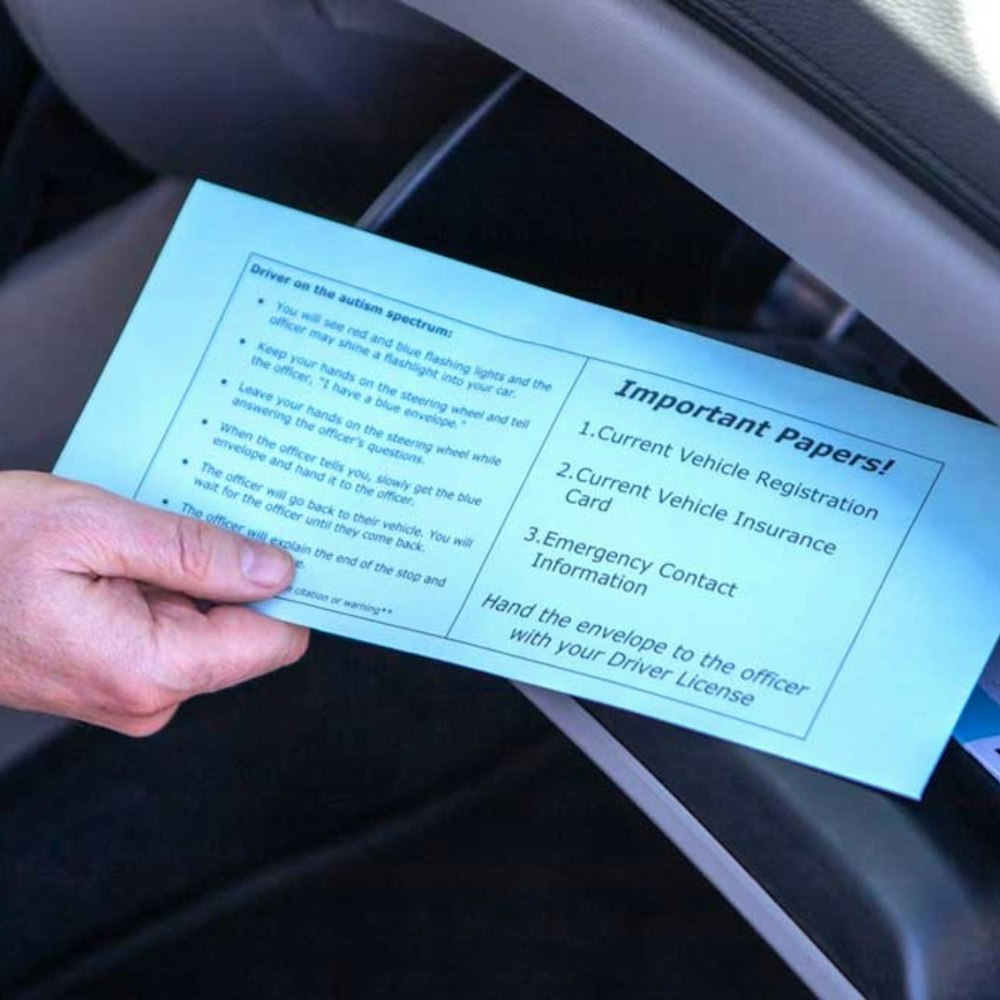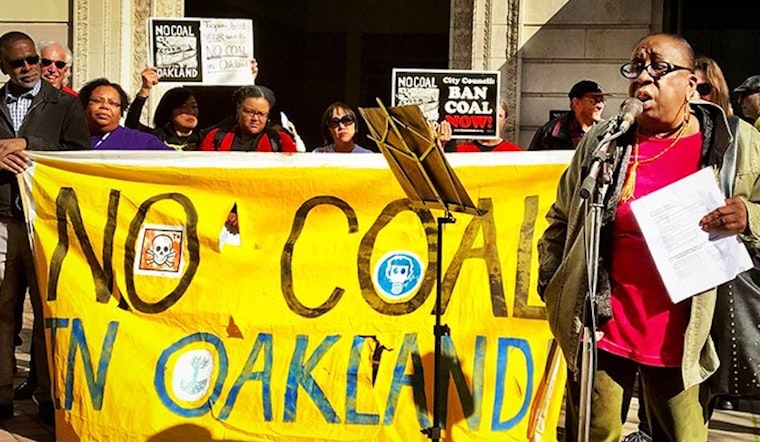
About 20 environmental, community and faith-based activists gathered Monday outside the Oakland office of developer Phil Tagami, urging him to drop a lawsuit challenging the city’s right to ban coal deliveries to a harborside shipping terminal he hopes to build.
Tagami filed his suit on December 7 in response to a decision by the Oakland City Council to block coal shipments; he was not at the rally held in Frank Ogawa Plaza, and Hoodline could not reach him for comment.
Today faith and labor leaders called on Phil Tagami -- a coal terminal developer -- to drop his lawsuit and keep coal out of Oakland. pic.twitter.com/HMKrcAumDk
— Stand.earth (@standearth) January 30, 2017
According to OBOT, the city is obstructing foreign, interstate and intrastate commerce and is bucking federal regulations on hazardous materials transportation and on ocean shipping in the US–foreign trades.
Speakers at the rally, organized by No Coal in Oakland, did not address the legal issues that Tagami’s company, Oakland Bulk and Oversized Terminal, is raising. Instead, they focused on public–health and environmental concerns as they have been doing since before the US Army abandoned the waterfront property in 1999.
They said the combination of coal dust and diesel exhaust particulates would cause respiratory and cardiovascular ailments, cancer and infectious disease, and would exacerbate climate change. As Hoodline reported last week, coal ban proponents are seeking volunteers near cargo terminals who'll install sensors that measure particulate pollution.
Noting the widespread grassroots opposition that held sway with the City Council last June, NCIO co-coordinator Michael Kaufman called the lawsuit “nothing less than an attack on the democratic process.”
Both Kaufman and Margaret Gordon, co-director of the West Oakland Environmental Indicators Project, told Hoodline that if OBOT prevails, coal opponents would resort to on-the-ground action to keep it out of the terminal.
“Even if it means lying on the railroad tracks, our opposition is not going to stop,” Gordon said.
Kaufman said there would be “direct action – sitting in front of trains, disrupting production at the terminal – doing whatever we can to stop the coal."

